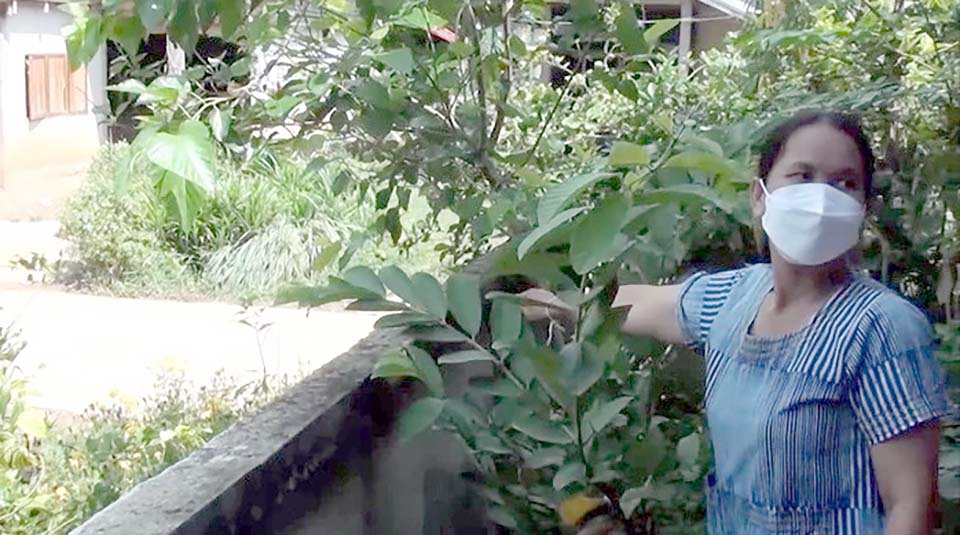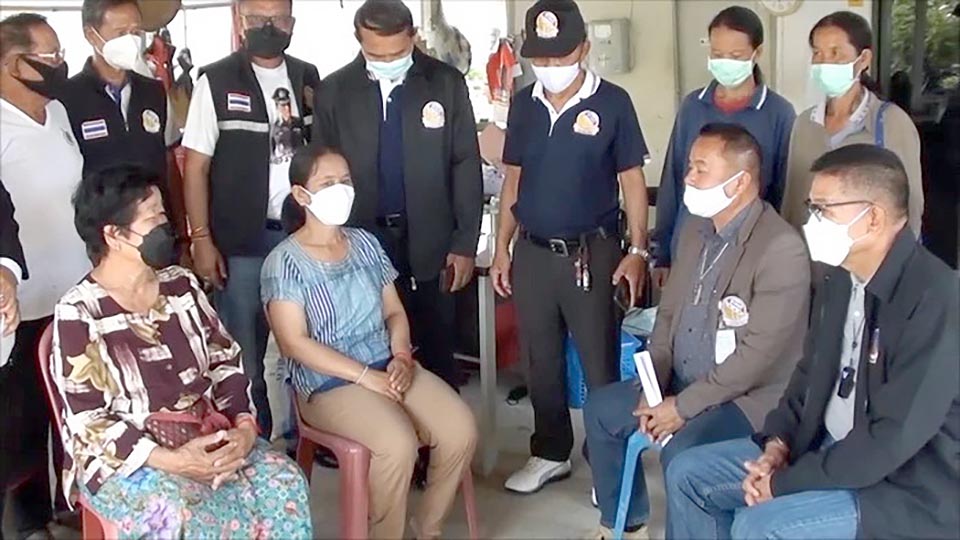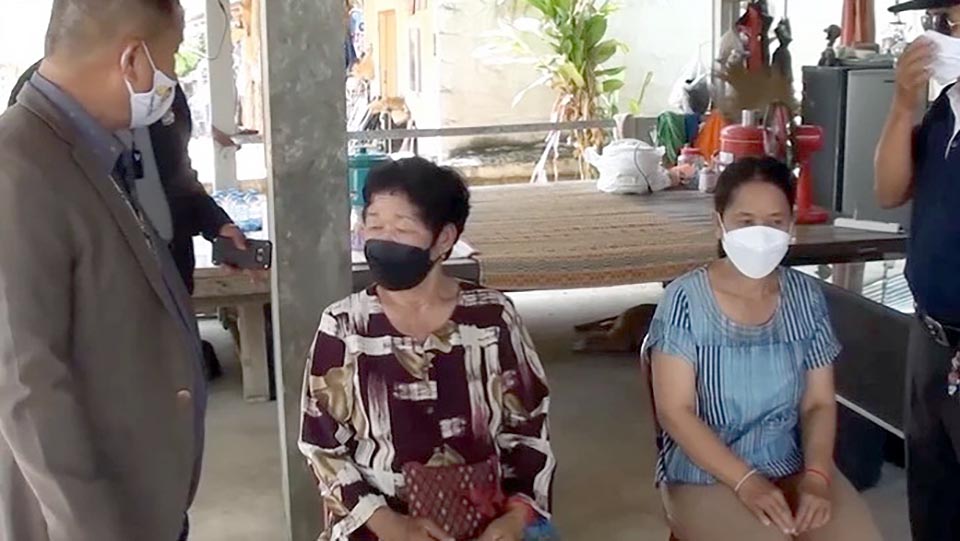
The commissioner of the Provincial Police Region 4 ordered subordinates to make considered judgment on law enforcement following the arrest of two elderly women for growing one cannabis plant at home.
The commissioner sent his order to all police stations under his jurisdiction after police at the Ubonrat station had arrested two elderly women for having one cannabis plant. If people grew a few plants for the treatment of their illness, not for any commercial purpose, police should create understanding about relevant laws instead of immediate enforcement, according to the order.
Yesterday (March 23) Pol Col Direkrit Panrueansaen, chief of the Ubonrat station in Khon Kaen province, said that an informant told his subordinates that cannabis was illegally grown at a house in Ubonrat district. Police then visited the house and saw a cannabis plant standing nearly two meters tall in front of it.
Ms Nang, 70, admitted she grew the plant allegedly for the treatment of her illness. She did not seek permission from authorities concerned to grow it. So, police impounded the plant and arrested the woman.
Her relative later showed up to seek her temporary release. Police questioned the relative and told her to return on the following day. The relative returned at 10am on March 20 and Ms Nang was released on bail within 24 hours after her arrest. (TNA)

